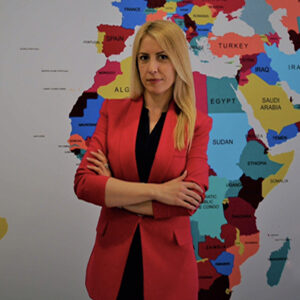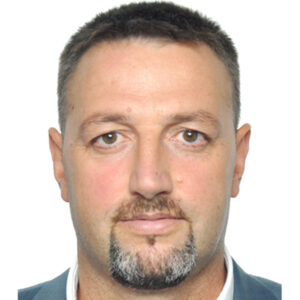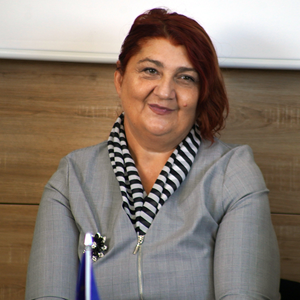Kosovo has made the EU integration process as one of its key policy objectives. Over the past years, Kosovo made progress in its efforts to come nearer to the European Union. Nowadays Kosovo is ready to take the final step in its path to the EU integration process by applying for EU membership and obtaining the candidate status. The (SAA) Stabilization and Association Agreement between the European Union and Kosovo entered into force in April 2016. This agreement is a milestone for Kosovo’s path towards the EU future, providing an inclusive framework for closer economic relations, a political dialogue between Kosovo and the European Union, including opening the EU markets to Kosovo products.
Taking into consideration the obstacles regarding the agri-environmental issues, the major challenges and strategic objectives are to protect the natural resources and environment in rural areas, as well as to address the issue of climate changes by achieving sustainable and efficient use of the land, forestry management and by introducing new methods of agricultural production which will preserve the environment. Kosovo has adopted the EU Legislation basic principles regarding the preservation of nature, and water and air protection. With the important advances in the legislation concerning Environmental Protection up to date, Kosovo has pursued approximation to EU standards as a whole, as well as the EIA, SEA, IPPC and Nature Protection.
Kosovo is facing crucial challenges in developing a competitive economy and reforming national policies to be closer to those in the European Union (EU). Agriculture as the biggest and main sector has been driven largely by the need to improve productivity and increase the competitiveness of domestic products. The range of policy instruments for the long-term development of organic agriculture, environment and institutional capacity building remains the main challenges for the period after 2020.
Environmental issues such as air pollution remain one of the highest health risk factors, contributing to cardiopulmonary and lung cancer mortality. Air pollution reaches high levels of PM 10 and 2.5 and in January 2018 record pollution levels were recorded in Prishtina. The quality of water resources is poor, with a majority of rivers being badly polluted by mines, tailing areas, municipal dumps and sewers from the bigger cities. Only 8% of the urban wastewater is connected to sewers and treated in compliance with standards. Rural wastewater treatment does not exist. Environmental challenges further include illegal forest cutting and waste management with a high number of illegal landfills. It’s, therefore, necessary to promote and implement EU standards and environmental and waste management strategies, that enable the establishment of sustainable and more effective quality and environmental protection system, as well as to promote the rational use of national resources and reduce the negative impact of environment and prepare for EU membership. The sustainability revolution towards “green growth” and environmental protection using the EU standards has emerged to find ways to make growth compatible with economic and environmental sustainability without neglecting social sustainability. Therefore, the key activity is teaching the best EU practices in these areas.
Against this background, the ENACT Jean Monnet Module offered by the International Business College Mitrovica (IBC-M) from 2020 to 2023 did not only seek to provide students with notions about the EU Best Practice on Environment and Agriculture but also to working with professionals of the sectors.
The scientific products (papers, reports, etc) resulted from the research activities of the project will be disseminated and promoted within the academic community and the wider public.
Workshops for working professionals will be held as well as synergy with the planned Scientific Conference in June 2022.
The module is co-funded by the European Commission through its Erasmus+ grant programme from Jean Monnet Activities.




